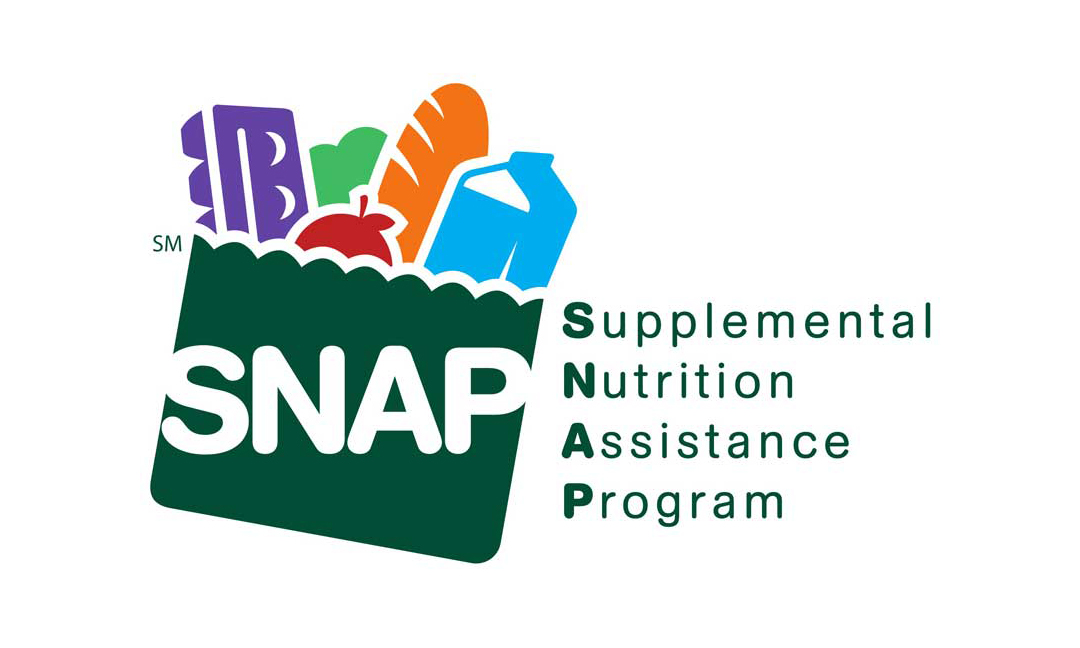Retailers, hunger advocacy groups and lawmakers have criticized the federal proposal turning the federal Supplemental Nutritional Assistance Program (SNAP) program into a food delivery program, noted the Massachusetts Food Association (MFA) in a recently weekly newsletter, quoting the National Grocers Association (NGA).
The release of the proposal, according to NGA, caught Washington by surprise because of the Administration’s lack of consultation with industry groups and Congress.
Since its release, Agriculture Secretary Sonny Perdue has recognized the logistical issues that would need to be addressed in order to implement the plan and promised to consult with retailers going forward.
There is little indication the plan is getting traction in Congress, but House Agriculture Committee Chairman Mike Conaway signaled an openness to including a pilot program in the Farm Bill that would allow USDA to test the proposal on a limited basis, MFA cited NGA as saying.
NGA’s government relations team has been heavily focused on lobbying against the White House’s proposal to convert the SNAP program into a “food box” delivery service.
MFA said, “We still need help from our members with this effort by signing your company or association onto NGA’s letter asking members of Congress to oppose the proposal.”
The Trump Administration’s 2019 budget proposal calls for a change to SNAP that would replace current benefits with a USDA food package. The food box would contain items such as shelf-stable milk, ready-to-eat cereals, pasta, peanut butter, beans and canned fruits and vegetables.
Food Marketing Institute (FMI) Chief Public Policy Officer Jennifer Hatcher responded to the Administration’s 2019 budget proposal, saying, “The section in the President’s 2019 budget entitled ‘Reforming the Supplemental Nutrition Assistance Program (SNAP)’ certainly makes major changes but not changes that SNAP-authorized food retailers see as positive or even efficient. FMI and our members have worked with the House and Senate Agriculture Committees and the USDA over several decades to achieve a national system, utilizing existing commercial infrastructure and technology to achieve the greatest efficiency, availability and lowest cost. As we understand the proposal in the President’s budget to create a USDA commodity food box of staples, each of these achievements would be lost.
“Perhaps this proposal would save money in one account, but based on our decades of experience in the program, it would increase costs in other areas that would negate any savings. As the private partners with the government ensuring efficient redemption of SNAP benefits, retailers are looking to the administration to reduce red tape and regulations not increase them with proposals such as this one,” said Hatcher.

